Kremlin calls talks between Putin and US envoy Steve Witkoff “useful and constructive,” signaling potential thaw in US-Russia ties after years of strained relations.
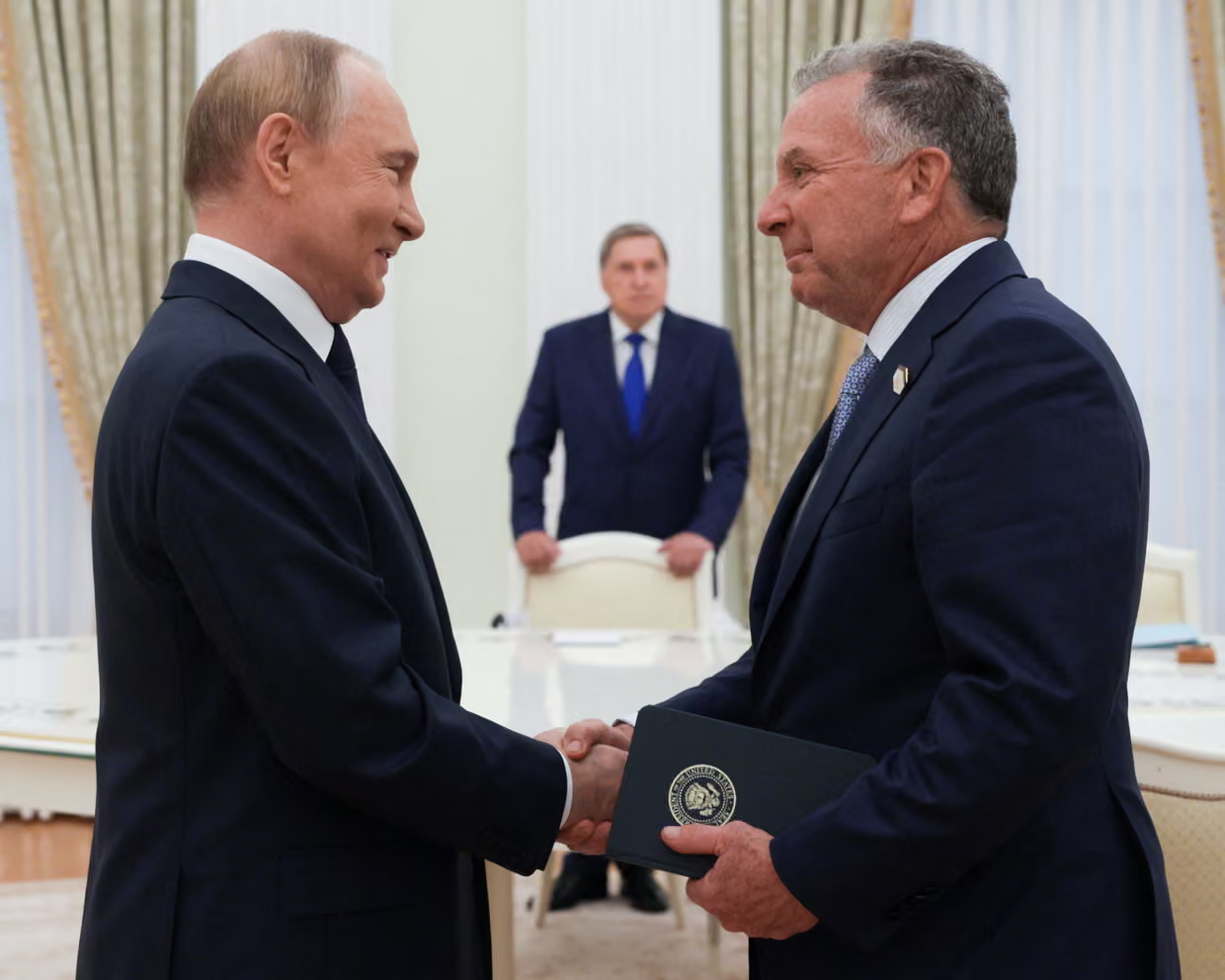
Kremlin Hails Dialogue Amid Fragile US-Russia Relations
The Kremlin has described talks between Putin and US envoy Steve Witkoff as “useful and constructive,” following their high-profile meeting in Moscow. This marks a rare moment of diplomatic engagement between Washington and Moscow amid ongoing tensions over Ukraine and global security frameworks.
Signals Exchanged, But Details Under Wraps
Former Russian ambassador to the US and senior Kremlin aide Yuri Ushakov confirmed the tone of the discussion was positive:
“The talks were useful and constructive… Russia received some signals from Trump and sent some signals in response.”
He declined to specify what those signals entailed, fueling speculation over possible back-channel negotiations on sanctions, energy trade, and conflict de-escalation.
Strategic Partnership Back on the Table?
The Kremlin revealed that Putin and Witkoff discussed prospects for a “strategic partnership” between the US and Russia, though no formal agreements were announced. Analysts interpret this language as a potential shift toward pragmatic engagement—albeit under conditions set by ongoing conflicts and economic sanctions.
The meeting comes against the backdrop of a broader diplomatic chessboard, where energy markets, defense commitments, and trade barriers remain contentious flashpoints.
Why Steve Witkoff?
Steve Witkoff, a New York real estate developer and longtime Trump ally, was recently appointed as a special envoy—a move signaling Trump’s preference for informal diplomacy through loyal intermediaries rather than traditional State Department channels. This approach mirrors similar back-channel efforts from previous administrations but carries unique implications given the current geopolitical stakes.
Context: A War, Sanctions, and Shifting Alliances
- Ukraine war: Russia continues to hold contested territories amid global condemnation, while the US supports Kyiv through military aid and economic measures.
- Sanctions pressure: The US and EU have imposed sweeping sanctions targeting Russian banks, energy exports, and technology sectors—measures Moscow seeks to ease through diplomatic overtures.
- Global energy dynamics: Trump’s push to isolate Moscow economically is complicated by India and China’s continued trade with Russia, raising the question of whether Washington might recalibrate its stance.
What’s Next?
No joint statement was issued, and no follow-up meetings were officially confirmed. However, the Kremlin’s positive characterization suggests an openness to continued dialogue, even as policy differences remain entrenched.
Observers note that the signals exchanged could influence upcoming negotiations at the G20 summit later this year, where both nations will face renewed pressure over security, trade, and energy policies.


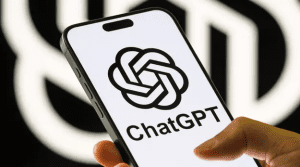


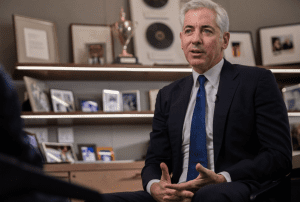









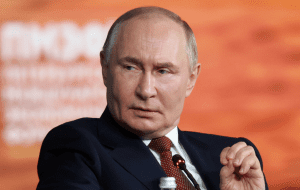
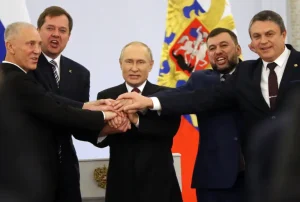
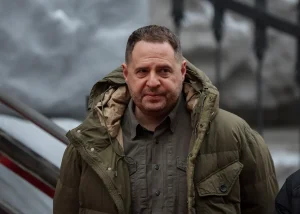
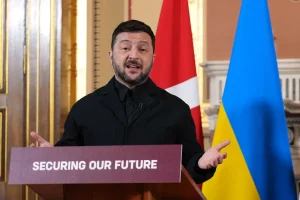
Comments are closed.